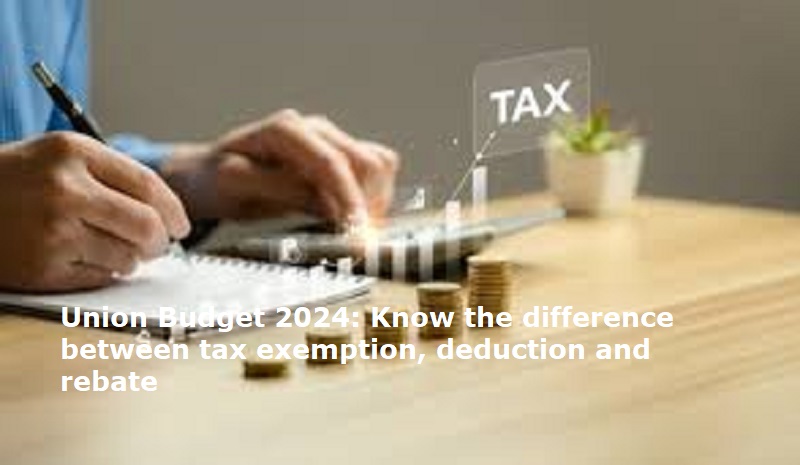
New Delhi: The Union Budget for 2024-2025 will be presented on July 23, 2024, at 11 am in the Parliament. She has earlier on February 1 presented the Interim Budget due to the 2024 Lok Sabha elections . This will be the first Budget by the BJP-led NDA government since it was re-elected last month. President Droupadi Murmu has officially approved the budget session to begin on July 22 and continue until August 12.
This year, Finance Minister Nirmala Sitharaman will become the first finance minister in India’s history to deliver seven consecutive budgets. She will surpass the record previously held by Morarji Desai, who presented six consecutive budgets between 1959 and 1963.
According to Article 112 of the Constitution, the government is required to present a statement of estimated income and expenses for each financial year, which runs from April 1 to March 31, to the Parliament.
The relaxation in income tax is given by the Union government in 3 ways — exemption, deduction and rebate. As per experts, these 3 terms has its own connotation and meaning different from the other.
Also Read: State Bank of India Invites Applications For Specialist Cadre Officer Vacancies: Details
Tax Exemption: Income tax exemption means no tax will be levied. Currently, income tax is exempt up to a total annual income of Rs 2.5 lakh. Various exemptions have been given under the Income Tax Act, 1961.
Tax Deductions: Income tax deductions pertain to specific deductions which a taxpayer is eligible for on account of investments made (Section 80C) or sum expended (Section 80D or Section 80E). Tax exemption means no tax to be levied on the income, tax deduction is reduction of taxpayer’s gross income on which tax shall be calculated.’
Tax Rebate: The tax rebate is different from exemption and deduction. Under the rebate, a limit is fixed up to which the income is tax-free under Section 87A of the Income Tax Act, 1961. However, if the annual income exceeds the limit, tax on whole income tax is to be paid.
For example, income tax rebate is given up to an income of Rs 5 lakh currently. So, if an individual is earning an income of Rs 5 lakh, the whole income is tax-free. However, if the annual income is Rs 5.1 lakh, then the tax on whole Rs 2.6 lakh will be levied (as income up to Rs 2.5 lakh is exempt).

Post Your Comments